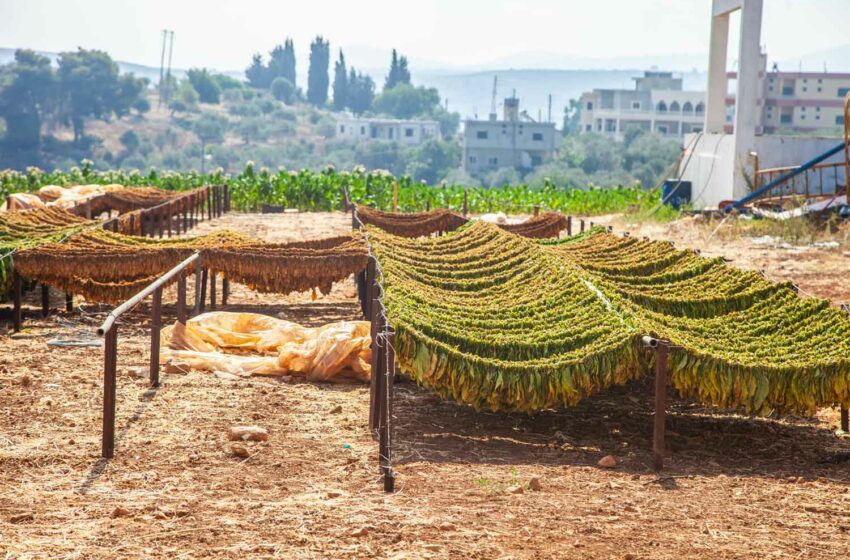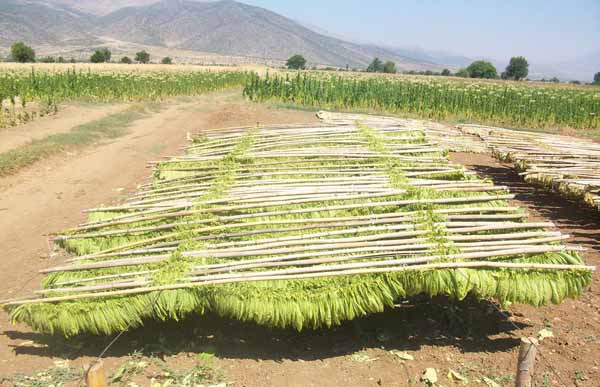Lebanon’s 2024 tobacco harvest is expected to be less than half its typical volume. Read More
Tags :lebanon
OpSec Security will provide the state tobacco monopoly with product authentication stamps. Read More
A survey is to be carried out to determine the extent of losses incurred by tobacco growers in southern Lebanon, where viruses are said to have caused extensive damage.Read More
Lebanon and Iran are looking into whether it would be advantageous for some Lebanese cigarettes to be produced in Iran while manufacturing some Iranian tobacco in Lebanon.Read More





